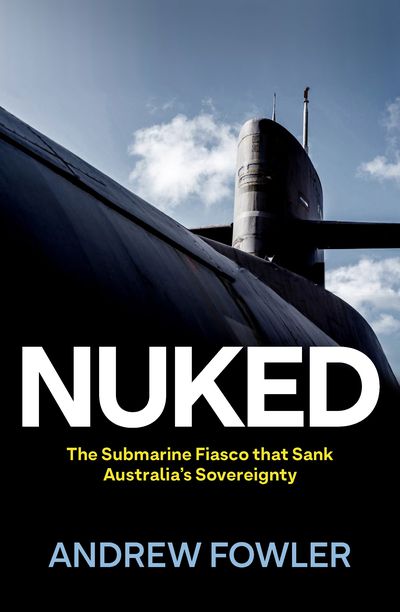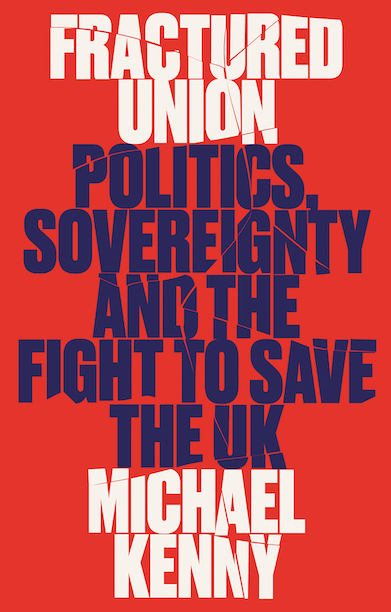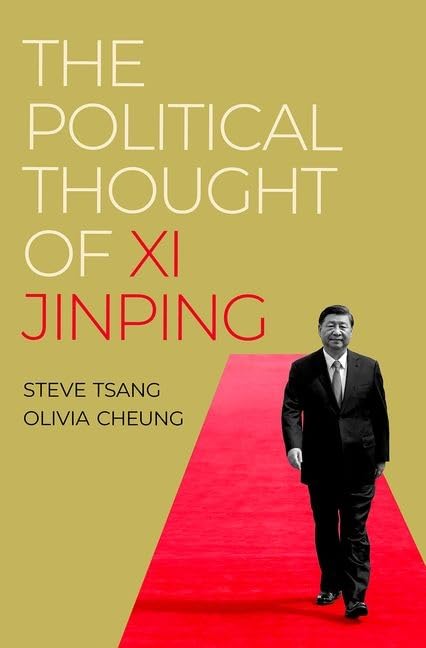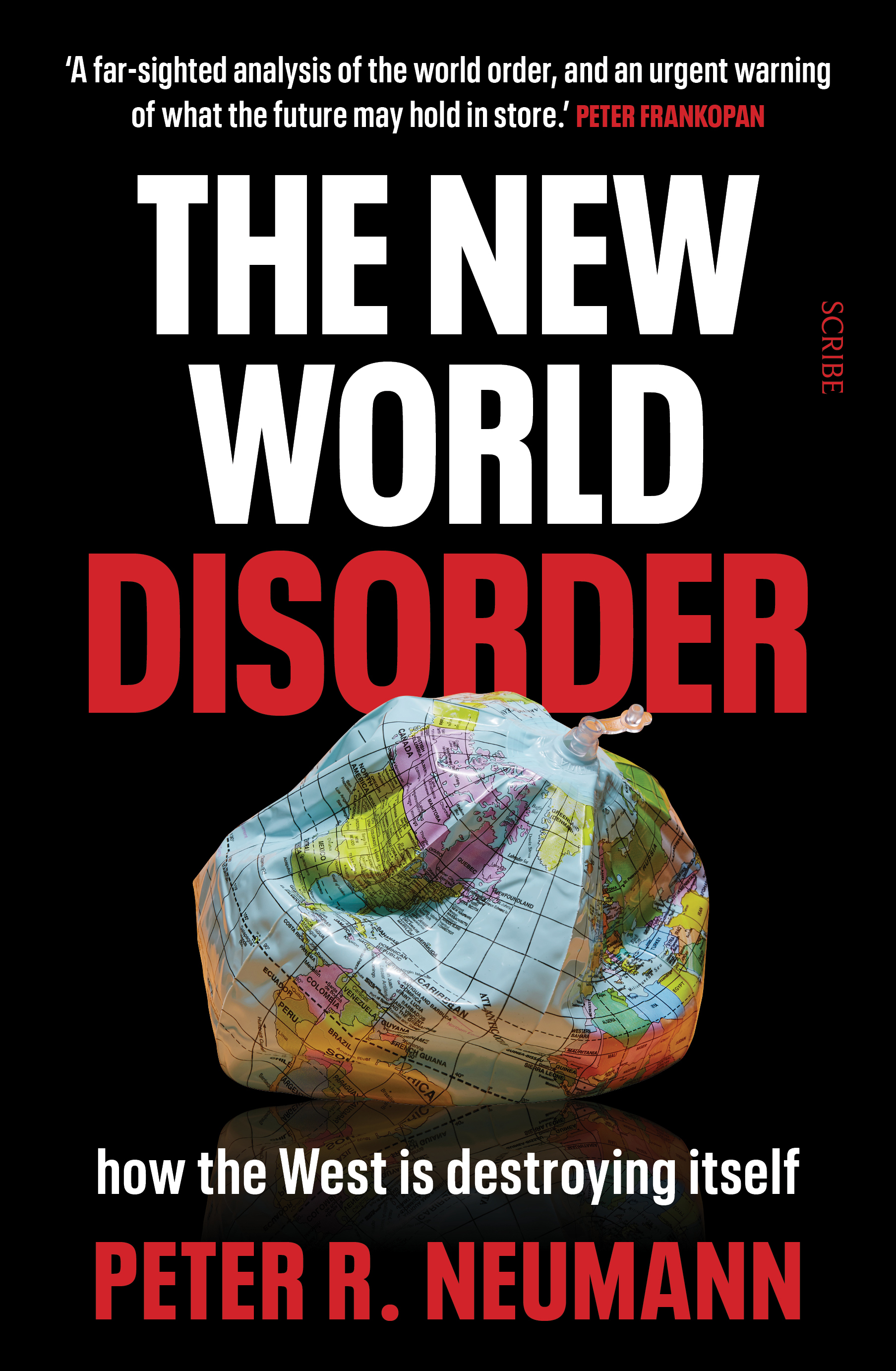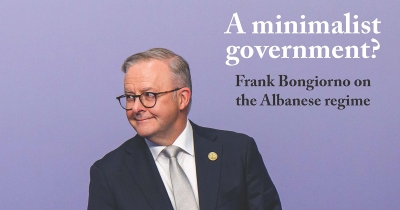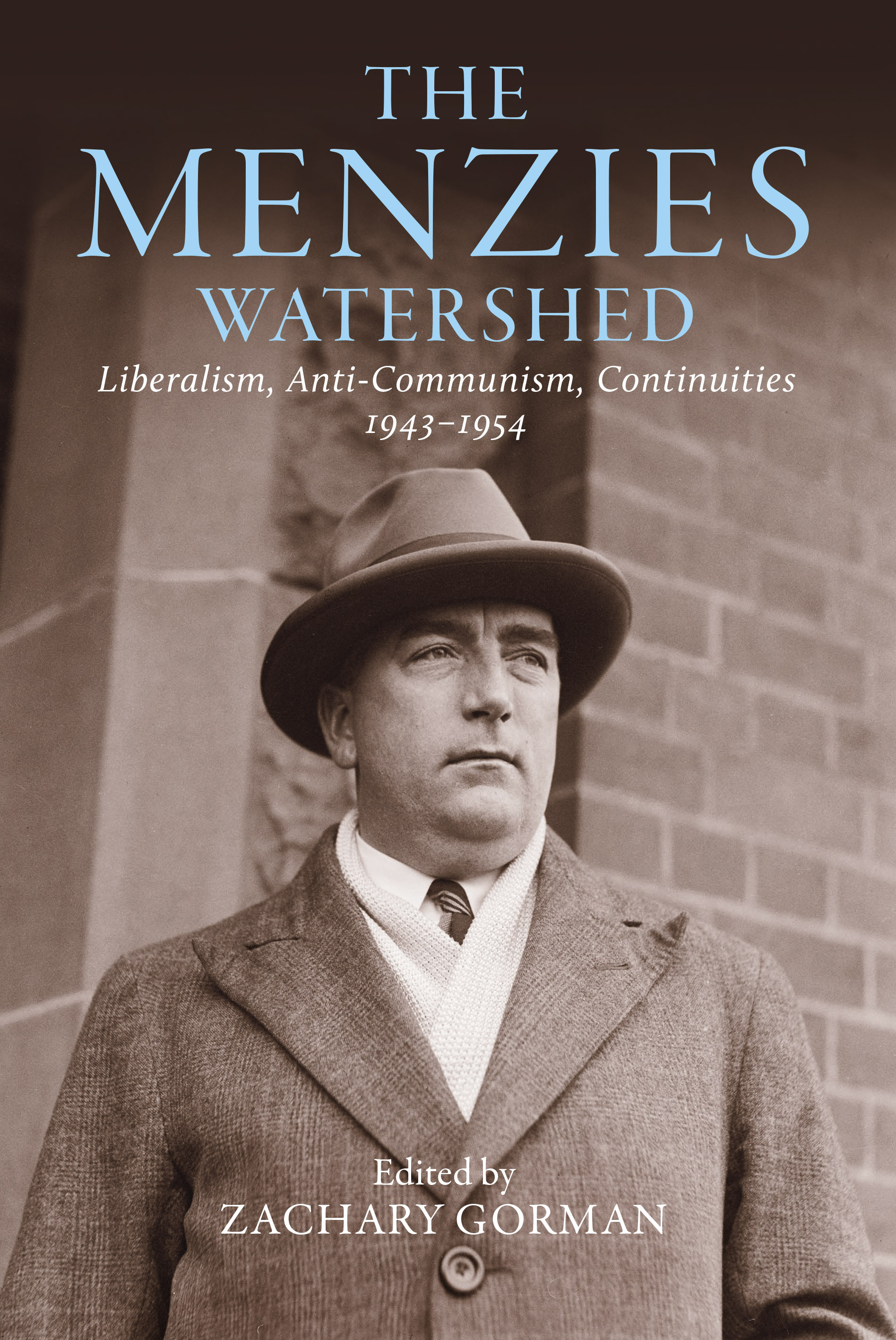Politics
Nuked: The submarine fiasco that sank Australia’s sovereignty by Andrew Fowler
Nuked – a compelling but depressing read – is a deeply researched and strangely suspenseful account of the AUKUS agreement struck between Australian Prime Minister Scott Morrison, British Prime Minister Boris Johnson, and United States President Jo Biden and announced in September 2021; a deal that included supplying Australia with a fleet of nuclear-powered submarines at the staggering cost of $368 billion. Nuked should be compulsory reading for all Australian citizens.
... (read more)Limitarianism: The case against extreme wealth by Ingrid Robeyns
Can people have too much wealth? Does extreme wealth have negative consequences? Over the past thirty years, there has been a remarkable rise in the number of billionaires whose annual earnings are so large that they are often difficult to comprehend. To take but one example, it was estimated in 2022 by Forbes magazine that Elon Musk’s personal assets were worth $219 billion and that, if he worked for forty-five years, his lifetime hourly rate from these assets was in the order of US$1,871,794.
... (read more)Fractured Union: Politics, sovereignty and the fight to save the United Kingdom by Michael Kenny
British politics is back in the limelight, after a brief hiatus of relative sanity. The current election campaign will divert attention onto the main parties and key personalities. However, this shouldn’t mask important challenges to the very integrity of the United Kingdom that have occurred since David Cameron took the keys to 10 Downing Street in 2010.
... (read more)The Forever War: America’s unending conflict with itself by Nick Bryant
It was a young Abraham Lincoln’s prediction that the United States ‘must live through all time, or die by suicide’. Nick Bryant wants us to believe the latter is coming true. America has been popping pills from the very beginning. Now the fatal overdose is inevitable. This time, we are reaching an ‘extreme polarization … 250 years in the making … a second civil war’. Rather than the hysteria for and against Donald Trump being an aberration, ‘the hate, divisiveness and paranoia we see today,’ Bryant argues, ‘are in fact a core part of America’s story’. It has been on this path since 1776; Trump is less a waypoint than a destination.
... (read more)The Political Thought of Xi Jinping by Steve Tsang and Olivia Cheung
Two of the defining figures of our age are China’s President Xi Jinping and Russia’s President Vladimir Putin. Both are authoritarian rulers intent on reshaping the global Western-led order. They despise and mistrust the United States equally, and, to justify their hold on power, promote a nationalist and civilisationist vision that elevates the long historical and cultural roots of their societies. They have defined themselves as indispensable for their respective countries’ futures and standing in the world.
... (read more)Bad Cop: Peter Dutton’s strongman politics (Quarterly Essay 93) by Lech Blaine
Bill Hayden might today be recalled as the unluckiest man in politics: Bob Hawke replaced him as Labor leader on the same day that Malcolm Fraser called an election that Hayden, after years of rebuilding the Labor Party after the Whitlam years, was well positioned to win. But to dismiss him thus would be to overlook his very real and laudable efforts to make a difference in politics – as an early advocate for the decriminalisation of homosexuality, and as the social services minister who introduced pensions for single mothers and Australia’s first universal health insurance system, Medibank. Dismissing Hayden would also cause us to miss the counterpoint he provides to Peter Dutton, current leader of the Liberal Party.
... (read more)The New World Disorder: How the West is destroying itself by Peter R. Neumann, translated by David Shaw
In February 2022, Russia invaded Ukraine. Remarkably, Ukraine fought an effective, close-run defensive campaign and the war turned into a quagmire for Vladimir Putin’s regime. As early as the following month, with the appalling revelations from Bucha of Russian atrocities, it was clear that this was – as they all are – a very dirty war. At the time of writing, the frontline exists in precarious stalemate and serious questions loom about the reliability of ongoing US-led material support, which is necessary for Ukraine to continue the resistance.
... (read more)The Journal of Australian Political Economy (JAPE) recently published a special issue to mark the (presumed) halfway point of the Albanese Labor government. There was an editorial and nineteen articles. As you would expect, the verdict was mixed. The most striking thing to me, however, was that the authors had enough material to work with. A similar exercise for the Abbott and Morrison governments would have produced the problem faced by Old Mother Hubbard. The Turnbull government might just have provided her poor doggy with a bone, but one without much meat on it.
... (read more)Last year I turned eighty. Vacillating between denial and celebration, I decided, with some trepidation, on the latter. It was thirty years since I had last had a big birthday party: this one needed to be special. I consoled myself that, old as I am, I am still younger than the president of the United States, Mick Jagger, and the pope.
... (read more)The Menzies Watershed edited by Zachary Gorman & Menzies versus Evatt by Anne Henderson
Bernard Cohen’s satirical novel The Antibiography of Robert F. Menzies (2013) begins shortly before the 1996 election with the titular character stepping ‘through a breach in time’ to help his successors win government. But while John Howard’s double-breasted jackets and headland speeches initially soothe this ‘large and benevolent plasmic entity’, the revenant Menzies soon becomes frustrated by the emptiness and the clichés of 1990s politics. He breaks out of the parliamentary corridors to lumber across an Australia he barely recognises, becoming ever more gigantic and spectral – pursued all the way by a writer trying to wrestle him onto the page.
... (read more)

